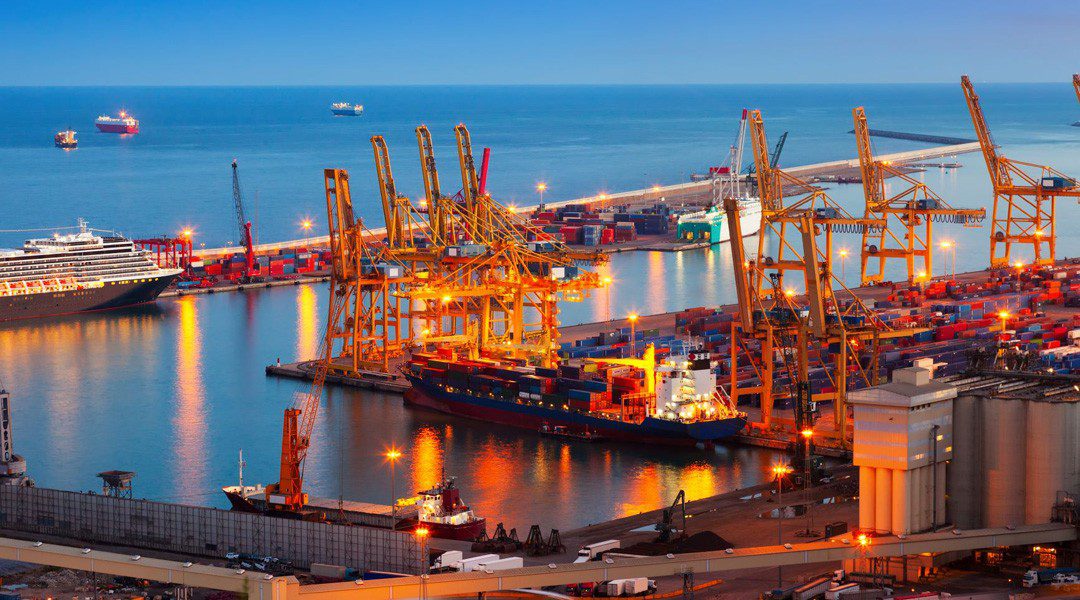Policy follow-up after the 20th Party Congress
In a previous note, we wrote about how the 20th Party Congress last month focused on advanced technology and a high-quality education system. And in line with these goals, the government has announced an expanded foreign direct investment (FDI) catalogue to be effective from the first day of 2023, which will replace the existing one announced back in 2020.
The main difference in the new FDI catalogue is in the advanced manufacturing and services area, including parts and equipment manufacturing, and environmental protection-related industries.
20th Party Congress key policy objectives
Expanded FDI on high tech
We see this as an important policy action to enhance China’s production capability of more advanced technological goods and parts, including semiconductors. This is an essential part of China’s economic strategy to ensure that it can further advance in the technology area once the US implements the CHIPS Act. But because of the CHIPS Act, this expanded FDI list may yield little result as it will make it more difficult for foreign companies to set up technology-based factories and offices in China.
To get the most out of the expanded FDI list, China needs to show multinational companies that China’s domestic market is big enough to set up a supply chain outside the US and without US technology. This will be difficult, though we cannot rule it out. As such, we believe that there will also need to be more preferential policies for high-tech industries announced between now and the “Two Sessions” that take place in March 2023.
Expanded FDI on green technology
More foreign direct investment in green technology and environmental protection-related industries should enhance technology available for renewable energy. It should therefore improve China’s probability of achieving its stated goals of reaching peak carbon emissions by 2030 and net-zero carbon by 2060.
Getting more FDI for green technology will be easier than for advanced technology, as it should run into fewer problems from the US CHIPS Act. China is also a very big market when it comes to green investment opportunities, which should make it an attractive market for foreign firms.
Covid is still a problem, but there are some social distancing relaxation experiments
Recently, Covid cases have started to rise again in China, and some small area lockdowns could result. On the other hand, China is doing some “controlled experiments” on relaxing social distancing measures. Two big events will be held in China in the first half of November: the Beijing Marathon and Shanghai expo. Foreigners will be granted visas for the latter, which is a big step forward for China’s border control policy. We will watch how the government manages these events if there is a Covid outbreak at the same time. For now, we do not think there will be a material change in Covid measures, but there are encouraging signs for the future.
In the short-term though, the rise in Covid cases is one of the reasons, in addition to disappointing third-quarter GDP growth, we are downgrading China’s full-year 2022 GDP forecast from 3.6% to 3.3%.






